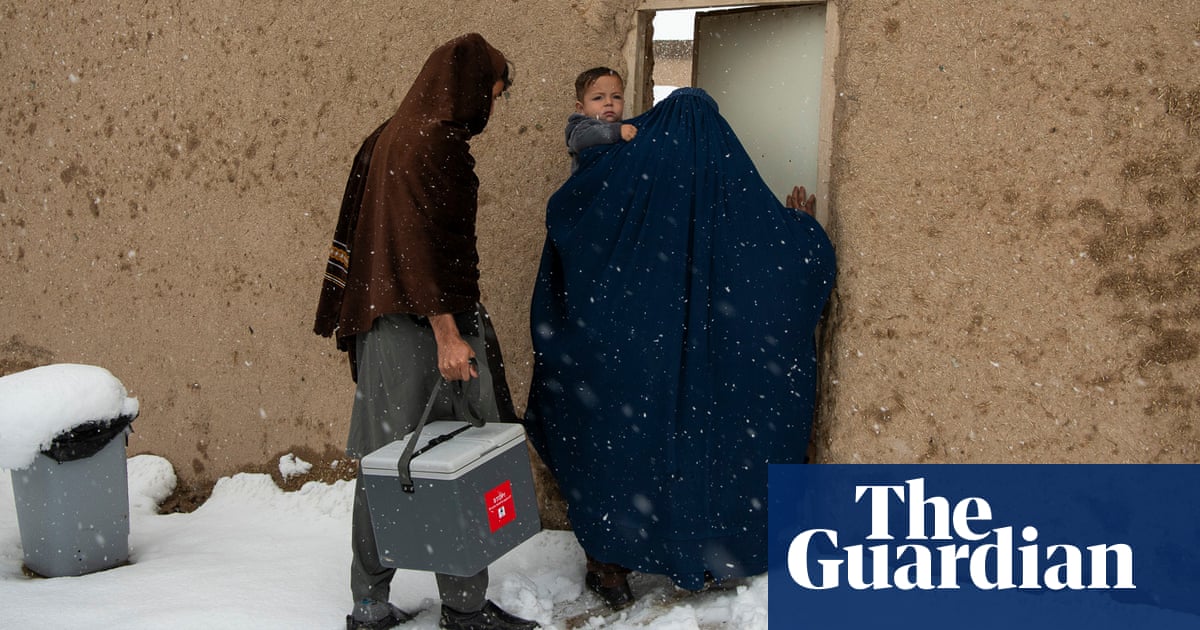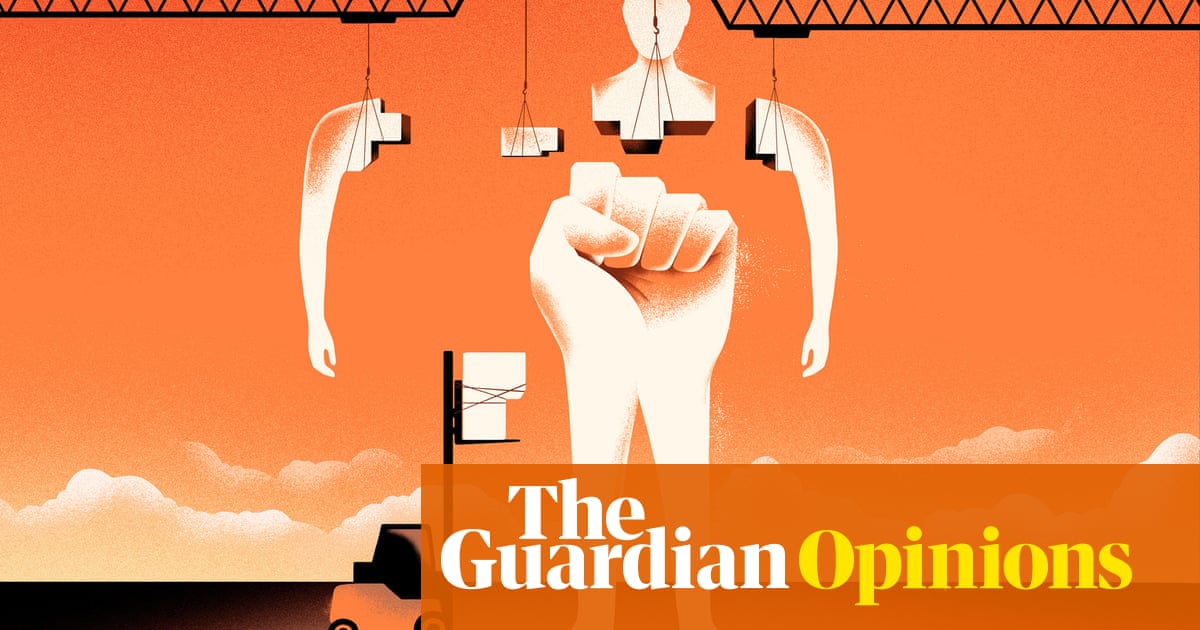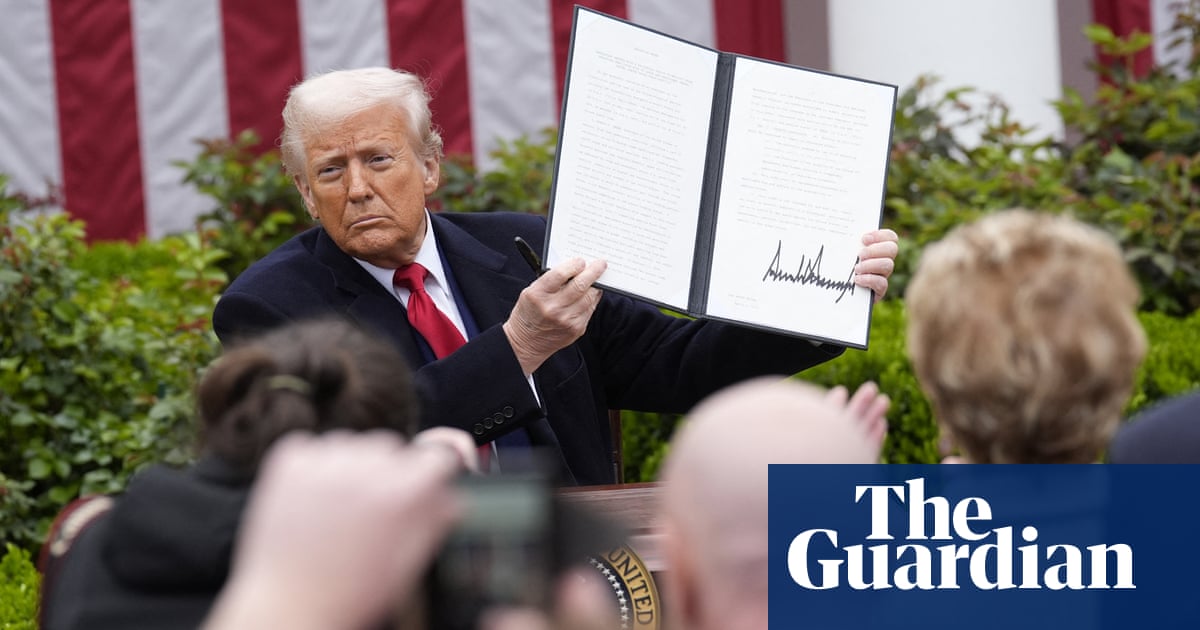There’s a scene in the film Mad Max: Fury Road where the evil ruler Immortan Joe, gazing down from a cliff upon his parched, emaciated subjects, turns two turbines, and water gushes from three gigantic sluices. The wretched masses surge forward to catch the deluge in their pots and bowls. And as imperiously as he opened the gates, Joe shuts them. “Do not become addicted to water,” he roars. “It will take hold of you.” But, of course, he already has taken hold of them by withholding, essentially, life.
We don’t have to await the dystopian future for the water wars to begin. The struggle over water, between private interests and the public good, the powerful and the weak, is raging now. From Love Canal to Flint, Michigan; Bolivia to Ukraine to Tunisia; budget-cutting, privatization, corporate malfeasance and climate crises are conspiring to create political violence, mass migration, property damage and death.
Today in Los Angeles public austerity and private profit-making again threaten this most basic human right. The city’s wealthiest residents are hiring private firefighters to protect themselves and their property, clogging narrow streets with their large equipment and water trucks, impeding city firefighters and enraging non-wealthy citizens.
The New York Times published photos of a white fire company van sitting sentinel in front of a mansion and the Palisades Village mall, perfectly intact, facing devastated homes across the street – the former saved by private crews, the latter lost by the overwhelmed city’s firefighting and water resources.
The pictures recall an occurrence common before the turn of the 20th century, when US cities and towns began building public fire departments and water supply systems. Before that, insurance companies issued plaques, or “fire marks”, for customers to post on their buildings, signaling freelance brigades to rush in and compete to put out the blaze. “Marked homes and businesses were brawled over,” according to one history, “while residences on the same street, with no fire mark, often burned to the ground.”
In response to public outcry, California passed regulations in 2018 requiring private companies to coordinate with municipal departments. Since then, many outfits have stopped serving private homeowners and are avoiding the hassle by working under contract with the city. But as billionaires learn that even they are not safe from the ravages of climate change, there will be entrepreneurs willing to untangle the red tape – at a price. A private fire crew with water can cost as much as $10,000 a day.
The traffic in essential resources is abetted by diminishing public funds. In Flint, in 2014, the city switched its drinking water supply from the Detroit system to the polluted Flint River. Flint’s residents, who are largely Black and poor, reported brownish, foul-smelling and tasting water, skin rashes and hair loss; later, tests revealed elevated lead levels in the children’s blood. The switch was a cost-cutting measure.
Last year, Los Angeles county – rated by the Federal Emergency Management Agency (Fema) as “the most susceptible county in the United States to natural disasters” – approved $17m in cuts to its annual fire budget. Those cuts, the Los Angeles fire chief, Kristin Crowley, wrote to the mayor, “severely limited the Department’s capacity to prepare for, train for, and respond to large-scale emergencies”. And despite persistent drought and year-round fire seasons, hydrants are still equipped to douse conflagrations in two or three buildings at a time, not tens of thousands. Modernizing the system will be hugely expensive, of course. But too bad about the death and destruction, making do with inadequate water is one of those tough decisions that tax-cutting budgeteers always lament having to make.
As with underfunded public schools, hospitals and transit systems, those who can afford to take care of themselves will do so, opposing taxation and further impoverishing public goods and services.
All this is great for business. “Many climate scientists expect droughts to become more common in the coming years, and more extreme weather events are likely to make the price of water go up. Some believe that mass desalination … will be necessary to ensure an adequate global water supply,” reads the Motley Fool’s bullish 2025 prediction of “the multimillion-dollar industry” in water and its related technologies. “Demand for the resource is increasing while the supply is limited. That means now is a great time to consider investing in water stocks.”
Protecting those investments sometimes calls for radical tactics. In 1999, peasants, workers and students rose up against the privatization of water in Bolivia’s Indigenous lands by Bechtel and other global corporations, with the backing of the government and the World Bank. The year-long Cochabamba Water Wars reached peak fury when government soldiers shot a 17-year-old student protester in the face, killing him. He was not the only casualty.
Donald Trump’s reactions to the LA fires – mocking Governor Gavin “Newscum” and threatening to stanch federal aid if the state does not adopt his preferred (and disproven) water management policies – augur fiercer wars to come. During his first administration, Politico later discovered, Trump withheld emergency funds from Washington, Georgia and Utah over spats with their governors. He told Maryland’s governor to “ask nicely” before he released desperately needed funds. He blocked Fema aid to Puerto Rico after Hurricane Maria to reroute it to Texas and Florida – and instead tossed paper towels into a roomful of Puerto Ricans.
This time around, nobody is hiding the political transactions in which climate disaster victims are bought and sold. Citing alleged fire and water mismanagement (and maneuvering to raise the debt limit), the House speaker, Mike Johnson, suggested placing “conditions” on federal aid to victims of the fire. Other Republican climate deniers are promoting whacked-out fire science; budget hawks are scolding California Democrats for stinting on fire prevention and mitigation. Even the chair of the San Francisco Republican party has opined that if local and state [read: Democratic] leaders don’t get their acts together, “we need to not write endless blank checks for large disasters.”
Trump has pledged to rescind Joe Biden’s carbon-reducing policies. The disasters and their costs will multiply. But there may be no government entity solvent or coherent enough to write those checks. Project 2025 proposes to take the F out of Fema and delegate disaster relief to the states, which cannot afford it on their own. The policy blueprint also recommends chopping up the National Oceanic and Atmospheric Administration and privatizing the National Weather Service. If you want alerts about approaching hurricanes or fires, you – and your state’s emergency preparedness agency – will have to buy them.
Will water be a high-priced commodity or a priceless resource? “The political question is who owns water and who gets to control water,” declared the Canadian environmentalist and water rights activist Maude Barlow at the World Water Forum in Kyoto in 2003. Participants there represented “two very, very different visions of a future for water”, she said. One sees water as “an economic good to [be put] on the open market for sale to the highest bidder”. The other, a global environmental justice movement, holds “a vision of water as a part of the global commons and treated as a public trust for all time by governments everywhere”.
Water is a human right. It will be up to citizens to demand and defend its free and equitable distribution.
-
Judith Levine is a Brooklyn journalist and essayist, a contributing writer to the Intercept and the author of five books

.png) 2 months ago
25
2 months ago
25













































